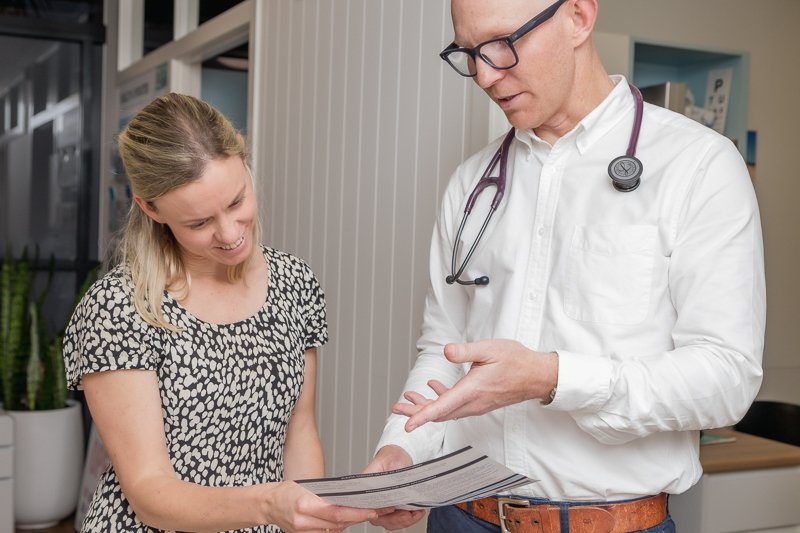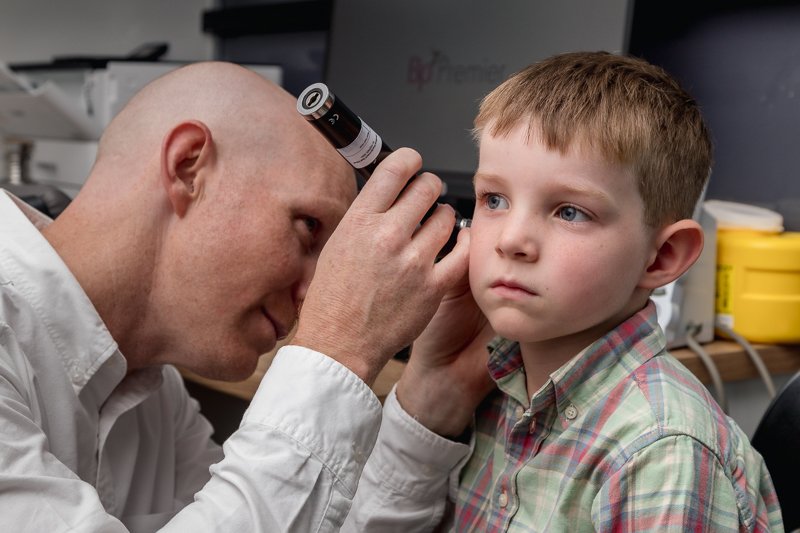We’ve all been encouraged to see that Australia’s lockdown has worked. Restrictions are easing and life is gradually returning to normal (in some ways).
It’s tempting to forget the last few months and get back to business as usual. But we cannot afford to be complacent about COVID-19. Each one of us still needs to practice social distancing, good hygiene and stay home if sick.
The virus has not gone away. It is still lurking and there will be new cases or clusters. We’re better prepared to handle that than we were a few months ago as long as we all keep doing our bit to slow the spread.
COVID-19: Why You Shouldn't Be Complacent
The number of new COVID-19 cases is no longer climbing alarmingly day after day, schools are open, you’re allowed to roam a bit more freely and you can have your mates over again.
As Australia slowly emerges from lockdown, it’s tempting to behave as if COVID-19 has been thoroughly beaten. It would be so very easy to slip back into your old, familiar patterns of living. That’s a big risk though. We can’t get complacent about COVID-19.
Remaining Vigilant About COVID-19
Please, please, please continue to:
● Wash your hands regularly and thoroughly using soap or hand sanitiser. It’s one of the most effective ways to stop the virus spreading – and it’s so easy to do.
● Practise physical distancing to stop the virus spreading from one person to another. Keeping your distance like this feels strange and unfriendly but it’s best for everyone’s health if you:
○ Stand or sit 1.5m from people you don’t live with
○ Avoid physical contact – handshakes, hugs, kisses – with people you don’t live with.
● Disinfect surfaces like door handles, benchtops, phones, taps and other frequently touched areas regularly.
● Avoid touching your face as it lets the virus pass from your hands into your body.
● Stay home if you’re sick. Gone are the days of carrying on heroically through illness. Now, if you are even mildly unwell, stay at home until you are better.
● Cover your cough or sneeze with a tissue or your elbow.
● Follow the rules on public gatherings. These will continue to change as the situation changes but do your part by obeying the public health advice.
● Look after your mental health and get help if you need it.
If you develop a cough, fever, sore throat or a cold, then please call us on 5471 2100 so we can advise you on what to do next (do not just turn up at the practice).
Why do you have to keep doing these things? Because, COVID-19 is still lurking and these behaviours help to stop it spreading, protecting you and others. We have flattened the curve but we don’t know what’ll happen next.
The Flattened Curve
Remember those graphs with steeply climbing lines showing the alarming rise in COVID-19 cases in Australia?
That’s when public health advisors and government ministers started talking about the need to flatten the curve. It meant going into lockdown to slow the spread of the virus. The goal was to prevent the health system being overwhelmed by large numbers of COVID-19 patients, many of whom would die because there would be no room left in intensive care.
Overall, Australia has done very well in containing the virus and flattening the curve. It doesn’t mean the virus has been eradicated; it simply means that, if you get seriously sick, there’ll probably be an intensive care bed available for you now.
A flattened curve means restrictions are easing and we’re beginning to mingle again. It’s also why the discussion has moved on to talk of a second wave.
A Second Wave?
There have been 10 respiratory virus pandemics or serious epidemics since 1889. As far as we can tell, given the passage of time, the lack of blood samples, and the unreliability of historical accounts, five of those 10 outbreaks had a second phase. That second phase was often as severe or more severe than the first phase.
Now, we can’t be completely sure of what happened in the past and we can’t know the future either. We don’t know for sure how COVID-19 is going to behave. It might disappear altogether, it might pop up in sporadic outbreaks here and there, or it might have one or more additional phases that grip the world.
That’s why we have to live differently, creating a new normal for a new reality.
The New Reality
The new reality is life in the long shadow of COVID-19.
The intense phase of lockdown is thankfully over but we still need to practise social distancing, good hygiene and stay home if unwell.
As we start mingling again, there will be new cases. We hope that there will not be many and that they will be contained by swift identification and effective contact tracing.
How Peregian Family Medical Centre Can Help
As doctors, we’re very away of the incredible toll that COVID-19 has had on the community. We know that our patients are struggling with financial pressures, isolation, strained relationships and an uncertain future.
We are here for you. We want to support you as you adjust to this new reality. So, please reach out to us on 5471 2100.






